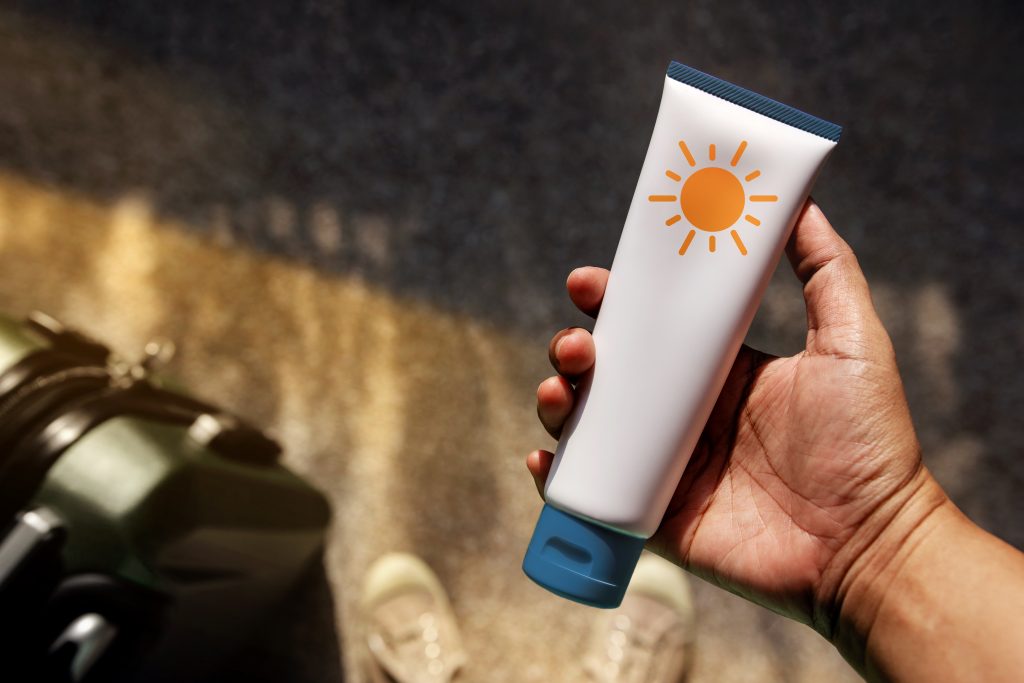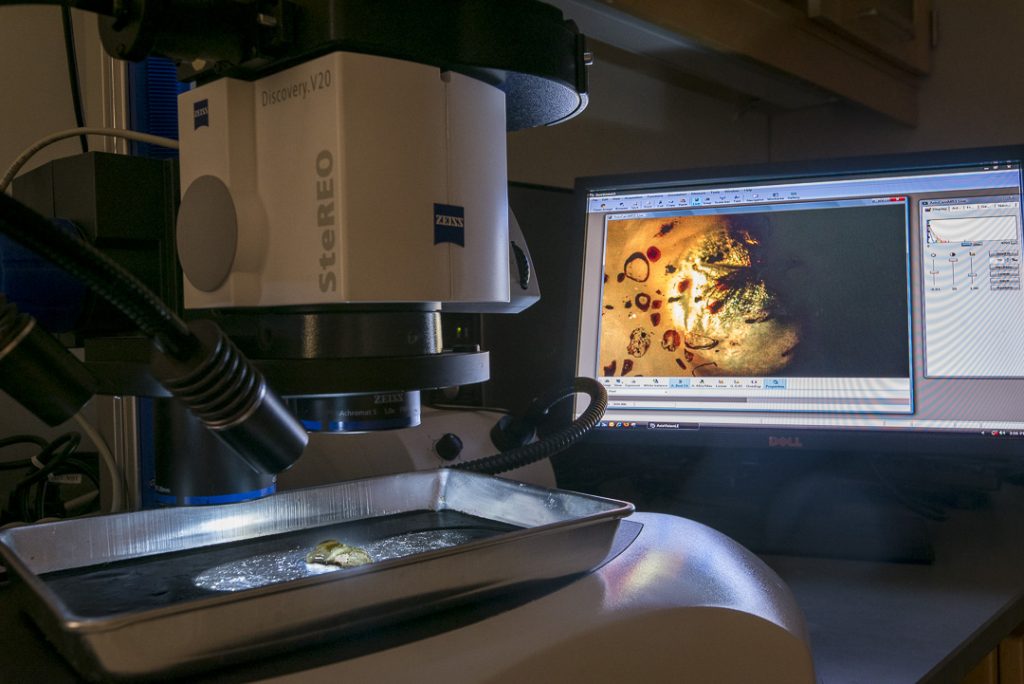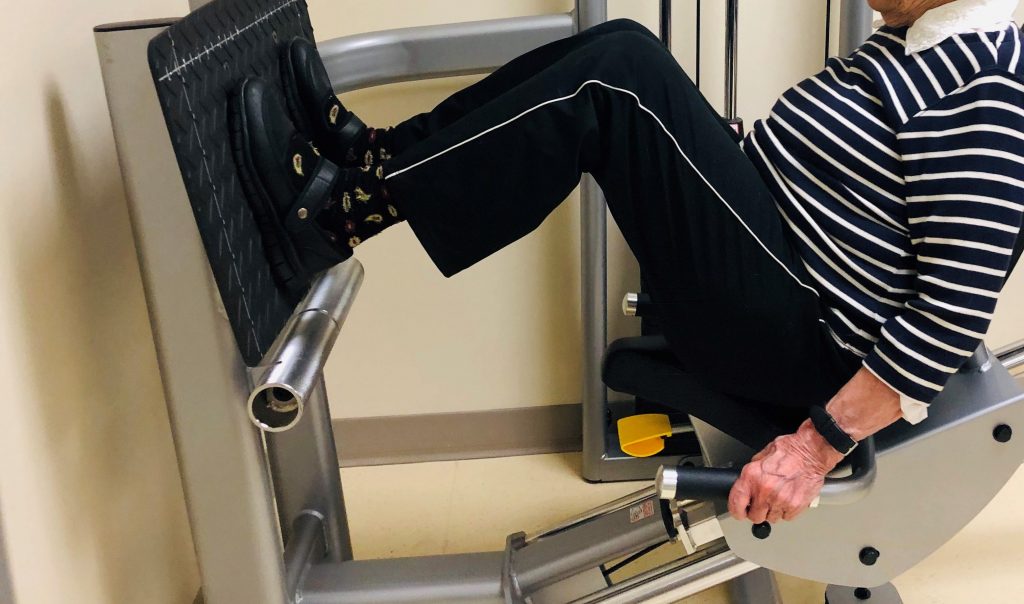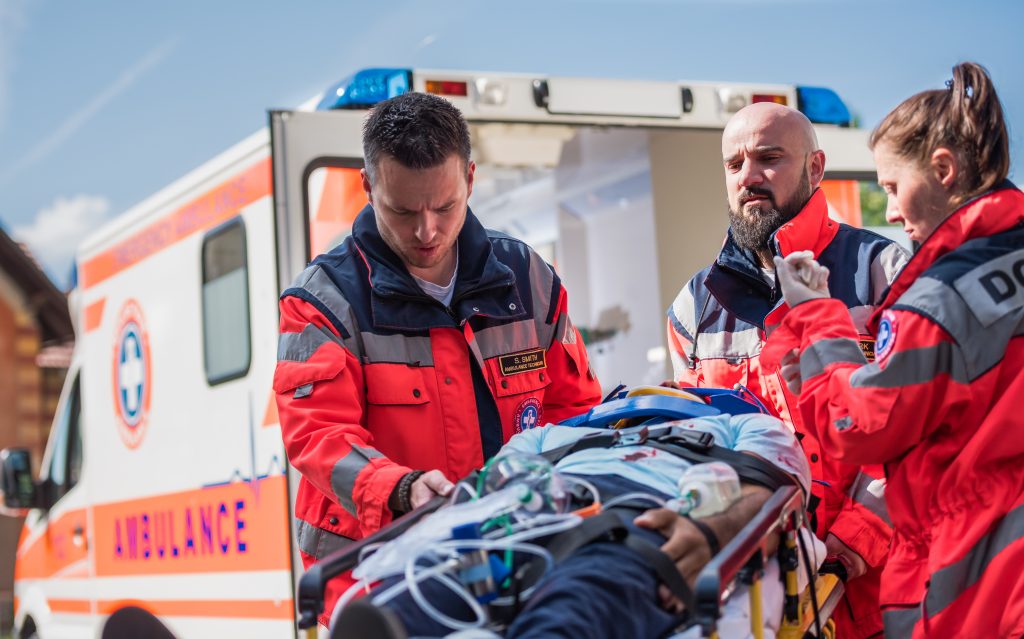Health & Well-Being
UConn Gets “Skin Smart,” Earns National Skin Cancer Prevention Recognition
UConn is one of just 11 universities to win the distinction of being a Platinum-level Skin Smart Campus for its dedication to preventing skin cancer.
November 20, 2019 | Jaclyn Severance
Turning to Old Remedies For New Health Challenges
UConn researchers are experimenting with old approaches to solve a growing problem: potentially deadly pathogens that are resistant to antibiotics.
November 19, 2019 | Elaina Hancock
Not Only Adorable: Squid Open Up New Antimicrobial Drug Possibilities
The glowing Hawaiian bobtail squid is more than a pretty face: New research shows that its symbiotic bacteria create antifungal compounds, which may be of use in drug discovery.
November 15, 2019 | Christine Buckley
Q&A: The Dangers of Vaping
UConn Health’s Dr. Mario F Perez, assistant professor of medicine at UConn School of Medicine, discusses his research pointing to potential dangers associated with vaping.
November 14, 2019 | Lauren Woods
Stopping Flu Myths Before the Flu Stops You
Dr. Imran Ali at UConn Center on Aging busts the most common flu myths. Myth #1: The flu isn’t that bad -- it's just sniffles and body aches.
November 13, 2019 | Lauren Woods
UConn Extension Growing Food With the Mashantucket Pequot Tribal Nation
The Mashantucket Pequot Tribal Nation and UConn Extension are collaborating to enhance agricultural production, food security, and health of tribal community members.
November 7, 2019 | Kristen Cole
Weight Stigma Doesn’t Discriminate
Regardless of sexual orientation, two out of three adults enrolled in WW reported experiencing and internalizing weight stigma.
November 5, 2019 | Kristin Messina, Rudd Center for Food Policy & Obesity
Up and At ‘Em: 94-Year-Old Stronger Than Before Hip Fracture
UConn's STEP-HI study is seeing early success with a new combination of exercise training and hormone replacement for women who have experienced hip fractures.
October 30, 2019 | Jennifer Walker
In Connecticut, Drug Overdoses Doubled in Six Years
Cocaine, alcohol, heroin, methamphetamine, MDMA and other drugs are appearing on the toxicology reports of drug overdose victims, and often in combination, says UConn study.
October 29, 2019 | Kim Krieger
Use of Emergency CPR Device Rises Despite Lack of Evidence
Although the use is increasing, mechanical CPR has not been tested for effectiveness by the Federal Drug Administration (FDA), says Greg Rhee of UConn Health.
October 29, 2019 | Tom Kertscher, freelance writer









